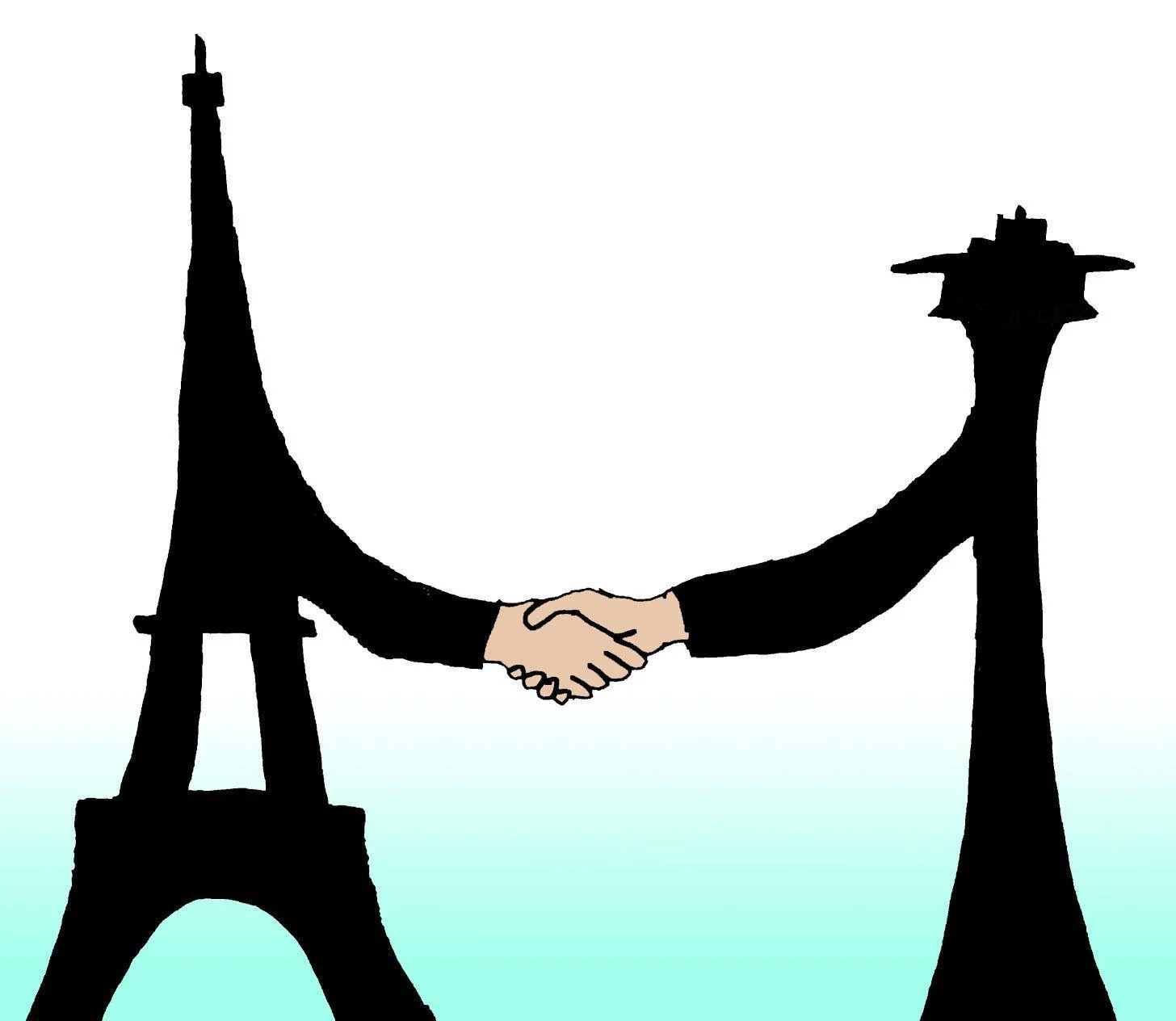
Seattle to uphold Paris climate agreement
The city of Seattle voted unanimously June 12 to uphold the Paris climate agreement from which President Donald Trump has withdrawn the country.
With the willing participation of 146 other countries, the decision by the United States, one of the most influential countries in the world, to withdraw from the agreement was a disappointing shock to many.
The United States is among two other countries that also have not signed onto the agreement. Nicaragua, which did not sign the Paris Agreement, did so because it did not believe the agreement was taking enough action.
As a result, many cities and states across the country have decided to follow the goals laid out by the Paris accord themselves. Cities including Seattle, San Francisco, Minneapolis, Pittsburgh, and Washington, D.C., among others, have all committed to lower emissions locally.
Given Seattle’s very apparent and well-known political ideology, this decision isn’t exactly a surprise.
In the past, the city of Seattle has showcased its liberal-leaning tendencies in actions such as remaining a sanctuary city during President Trump’s infamous Muslim ban, despite the threat of losing federal grant money.
As one of the most eco-conscious cities in the United States, this decision to uphold the Paris agreement was, in many ways, almost expected of Seattle.
Seattle has proven itself to be a green city in very obvious ways, such as having both trash and recycling receptacles available on the street, and in other big ways that aren’t quite as apparent, such as drawing most of its electricity from hydropower.
“States [and] cities can still make a tremendous impact,” UW associate professor of atmospheric sciences Dargan Frierson said. “In fact, I think even if we hadn’t left the agreement, it would still be, possibly, the most efficient way to make changes [at the city level].”
Together with other cities across the country, and the rest of the world supporting us, we could make a significant change.
“We’re not going to bring temperatures back down to the way they were before — it’s not going to happen,” Frierson said. “However, we still massively can avoid the worst impacts. The difference between the future that’s really, really still fossil-fuel centered and then the one that rapidly switches to greener sources is very, very big.”
While the environmental impact is the biggest draw for clean energy, the biggest argument against it is its impact on the job market and the economy as a whole.
Many people, including President Trump, seem to think that the best way to bring jobs back is to revive the coal industry and pour more money into fossil fuels, but many economists have said that clean energy is the way of the future.
According to the Environmental and Energy Study Institute’s website, the International Renewable Energy Agency has estimated that clean energy employs, directly and indirectly, 8,079,000 people worldwide. To compare, the Department of Energy estimated that the fossil fuel industry directly employs 2,989,844 Americans across the country.
Renewable energy has a lot of room to grow and expand, especially as the world’s commitment to the Paris Agreement takes hold. We have all the resources to achieve a more sustainable existence, we just need the commitment.
“Sometimes, if you’re in a place that’s seen as the leader, then you will really be the leader,” Professor Frierson said. “I think [the] UW is really good at that … We are leading the nation with [our sustainability], and people are following us because of that.”
So cheers to you, Seattle (and the UW, too) — be the leader the country is looking for.
Post a comment